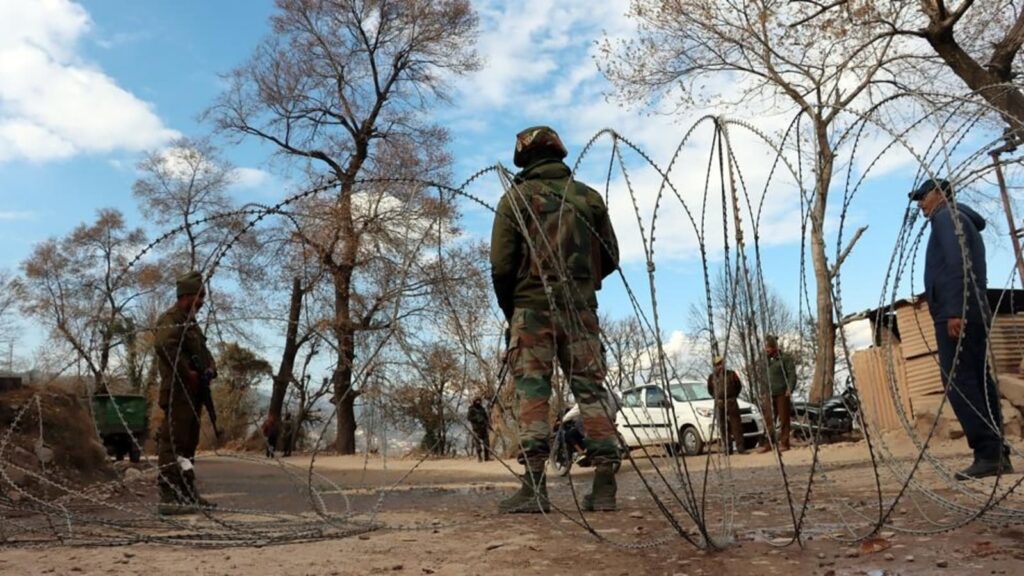The events in Jammu and Kashmir in the past week reveal the difficult road that lies ahead for the region as it seeks peace and a return to normalcy. Earlier last week, terrorists ambushed an Army convoy in Jammu’s Poonch, leaving four personnel dead. Later, three civilians held for questioning during the combing operations were found dead. Their families have alleged custodial torture and killing. The Army ordered an internal inquiry, and an FIR has been registered in the case. On Saturday, a 72-year-old retired senior police official was shot dead while he was giving the azaan inside a mosque in Baramulla, north Kashmir. Clearly, some forces restive since the abrogation of Article 370 in 2019 and its endorsement by the Supreme Court earlier this month, want to disrupt the Valley and prove that terrorism is alive in the region. This is a tricky moment for J&K, and the Centre should be extremely cautious in its response.
The Poonch attack follows a pattern that became visible this year. There have been at least five major attacks on the armed forces in the Poonch-Rajouri region in 2023 in which over 20 personnel, including officers, have died. With the Valley under a security blanket, terror groups have been targeting areas south of the Pir Panjal. The forested terrain provides hideouts and makes combing operations difficult. However, it is worrying that terrorists seem to be able to cross the border and undertake operations in a region that does not have a long history of supporting militancy. Clearly, there is work to be done so that the Poonch-Rajouri belt doesn’t become the new theatre of terrorism. In this context, the Army’s decision to hold an inquiry into the alleged custodial deaths is welcome. A time-bound and transparent process is needed to establish the truth behind the deaths. That is essential to win back the trust of the local communities, which is important for anti-terror operations to succeed.
The third incident, the brutal killing of Mohammad Shafi Mir in Baramulla, fits the recent pattern of targeted killings. This seems to be part of a concerted effort to puncture the narrative that the Valley has become quiet, a claim supported by the decline in the number of violent incidents, including stone-pelting. The Centre has won the legal battle on Article 370, now the task is to accomplish the governance goals. Last week’s incidents may seem disparate, but they are a part of the same continuum. The government needs to tackle this intelligently while being sensitive to local concerns.
Continue reading with HT Premium Subscription
Daily E Paper I Premium Articles I Brunch E Magazine I Daily Infographics


